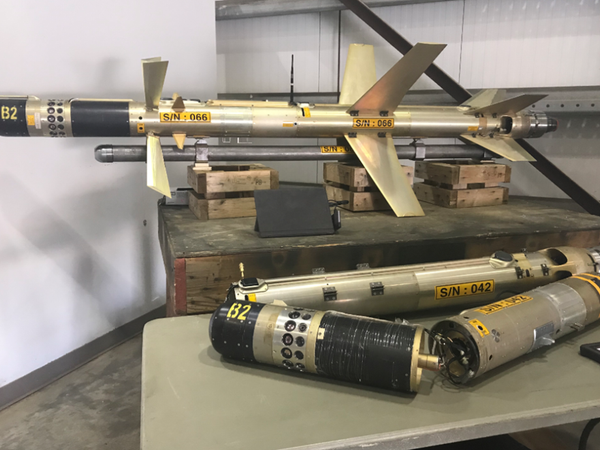The United States this week has shown little of the ‘good will’ demanded by Tehran over sanctions as deadlocked Vienna talks are set to resume Thursday.
The US Department of Justice (DOJ) issued a press release Tuesday highlighting the US’s “largest-ever forfeitures of fuel and weapons shipments from Iran.” The reason for the timing was unclear. It came the same day as the US Treasury Department designated 15 individuals – nine in Iran, five in Syria, and one in Uganda – for alleged human-rights abuses and as a prelude to a US ‘Summit for Democracy.’
The DOJ press release noted that $26.7 million in “net proceeds” of selling the Iranian oil would be directed in whole or in part to a fund for “US victims of state-sponsored terrorism.”
This followed the DOJ announcing in February the US seizure of 1 million barrels of Iranian oil in 2020. Later news reports said the US had impounded 2 million barrels from just the tanker MT Achilleas, seized in February 2021 off the United Arab Emirates, and sold it in Texas for £110 million, or around $55 a barrel. It was unclear whether the $26.7 million is net of this.
In July, the US brought a court action in a domestic court seeking approval for the previous seizure of four foreign-flagged tankers on the grounds that the sale of the oil would benefit Iran’s Islamic Revolutionary Guard Corps, designated a foreign terrorist organization by the US.
The DOJ last year, when President Donald Trump was in office, had used the procedure of civil forfeiture to sell four Iranian gasoline cargoes bound for Venezuela, seized earlier in the year, for $40 million.
The weapons cited in Tuesday’s press release were taken from “two flagless vessels in the Arabian Sea” in November 2019 and February 2020, including anti-tank missiles and components for land attack and anti-ship cruise missiles. Forfeiture was granted on November 16 by a US court on the grounds that the government had “adequately alleged that the weapons belonged to the IRGC and that the IRGC constituted an entity engaged in planning or perpetrating a federal crime of terrorism against the United States.”
‘Pallets of currency’
In what will be seen as further sign of US toughening in Tehran, the National Defense Authorization Act, passed Tuesday by the House of Representatives, reportedly included several clauses on Iran.
With the agreed text not yet available digitally, Gabriel Naronha, who worked on Iran in the State Department under Trump, tweeted Tuesday that at least some of draft clauses covering Iran had been passed.
One barred the Defense Department from the “transfer of pallets of currency, currency, or other items of value to the Government of Iran, any subsidiary of such Government, or any agent or instrumentality of Iran.” This was apparently intended by drafters to preclude any US move, as was done under the Obama administration when the 2015 nuclear deal was agreed, to repatriate Iranian assets frozen in the US in exchange for the release of Americans detained by Iran.
Naronha tweeted “deep condolences” to John Kerry, Secretary of State at the time of the 2015 deal, the JCPOA (Joint Comprehensive Plan of Action). In an interview on Iranian state television Sunday marking 100 days in office, Iranian president Ebrahim Raisi said Tehran was prepared to scale back its nuclear program to JCPOA limits on condition that the US lifted sanctions imposed since 2018 when Trump left the agreement.
Iran has adopted a tough negotiating posture in Vienna after Raisi’s election, demanding that all post-2018 sanctions be lifted at one and prior to Iran making concessions. US and its European allies have criticized the new demands saying that Tehran has reneded on agreement made during the talks from April to June.
